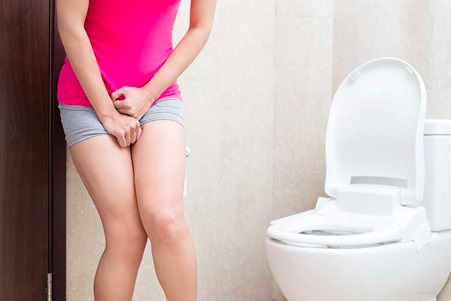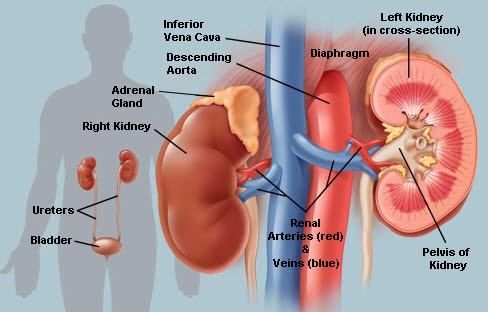Kidney and Bladder Disease

Recurrent Urine infections or UTI
- Recurrent urinary tract infections, presenting as dysuria or irritative voiding symptoms, are most commonly caused by reinfection with the original bacterial isolate in young, otherwise healthy women with no anatomic or functional abnormalities of the urinary tract. It's more common in young women.
Acute UTI
- Its occur due to sudden exposure of bacteria like using a public toilet, using unhygienic cloths or having unprotected sex.
Symptoms
Chronic UTI
If infection occur on and off and it subsided or suppressed with heavy antibiotic doses then later it turn to be chronic inflammation.
Symptoms

Hydronephrosis
- Hydronephrosis is a condition that typically occurs when a kidney swells due to urine failing to properly drain from the kidney to the bladder. This swelling most commonly affects only one kidney, but it can involve both kidneys.
Cause
Symptoms

Stone
- Kidney stones, or renal calculi, are solid masses made of crystals. Kidney stones usually originate in your kidneys. They can develop anywhere along your urinary tract, which consists of these parts:
Types of stones
Causes

Acute and chronic kidney failure
Acute kidney failure
- Acute kidney injury, which used to be called acute renal failure, is more commonly reversible than chronic kidney failure. Acute kidney injury (AKI) is usually caused by an event that leads to kidney malfunction, such as dehydration, blood loss from major surgery or injury, or the use of strong allopathic medicines.
Chronic kidney failure
- Chronic kidney disease, also called chronic kidney failure, describes the gradual loss of kidney function. Your kidneys filter wastes and excess fluids from your blood, which are then excreted in your urine. When chronic kidney disease reaches an advanced stage, dangerous levels of fluid, electrolytes, and wastes can build up in your body.
Causes
Symptoms
